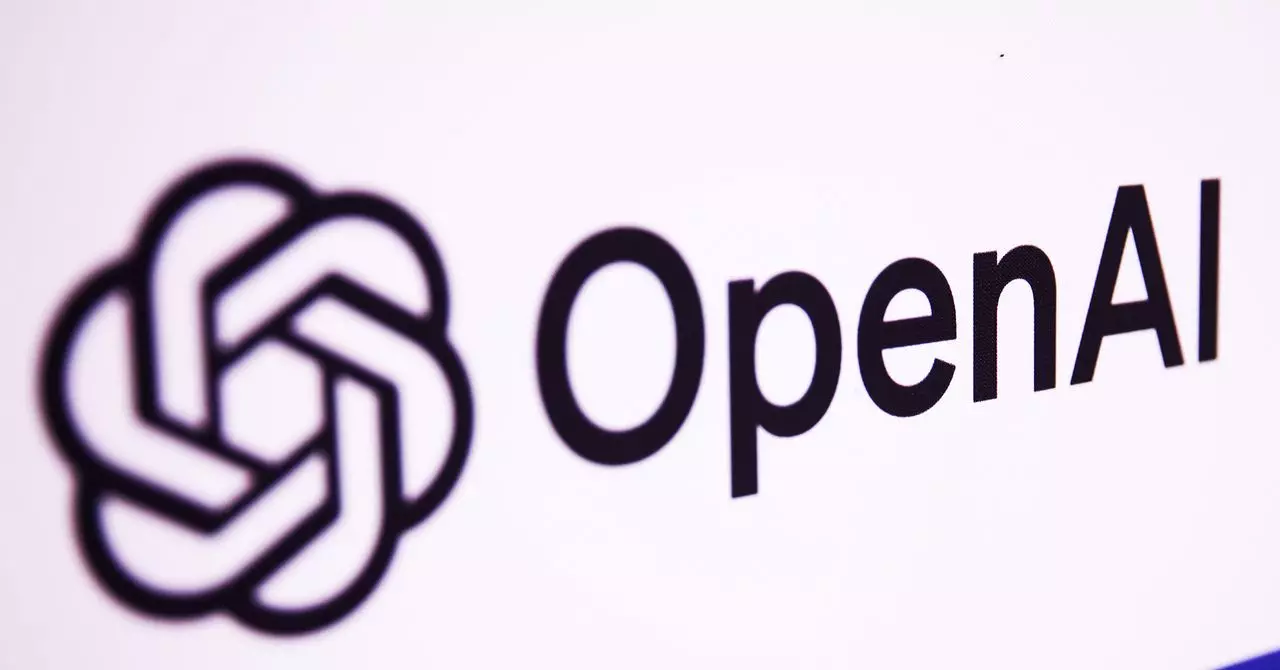The race to dominate artificial intelligence research is escalating to a fever pitch, with industry giants aggressively courting the top-tier talent that fuels innovation. Recently, OpenAI found itself embroiled in a high-stakes contest after Meta, under Mark Zuckerberg’s leadership, successfully poached several senior researchers from OpenAI’s team. This move sent shockwaves through OpenAI’s corridors, prompting an urgent and candid response from Mark Chen, OpenAI’s chief research officer. Chen’s internal memo reveals not just a company scrambling to retain its best minds but also a broader narrative about how fiercely coveted specialized human capital has become in the tech world.
Chen’s analogy of feeling “as if someone has broken into our home and stolen something” frames the talent departure not as mere employee turnover but as a genuine threat to OpenAI’s mission. His message underlines how talent attrition at this level isn’t just about losing personnel; it’s about losing intellectual capital, continuity, and potentially years of research advantage. The memo also lays bare how modern tech firms intertwine competitive compensation and proactive talent retention strategies with deep ethical considerations of fairness—a balance Chen proudly professes to uphold despite immense external pressures.
Zuckerberg’s $100 Million Play: Changing the Game
What differentiates the current competition from traditional tech hiring is the sheer scale and audacity of the offers on the table. According to multiple informed sources, Meta has dangled signing bonuses in the stratospheric range of $100 million to lure away star researchers. While one might dismiss this as a sign of unchecked corporate extravagance, it more accurately reflects the profound strategic importance these companies assign to leading AI research. Meta’s willingness to move aggressively, including direct outreach by Zuckerberg himself, signals a shift toward hyper-competitive talent procurement in the AI sector where the stakes equate to control over future technological paradigms.
Yet, the aggressive poaching also raises essential questions about the sustainability of such bidding wars. Are astronomical compensation packages a valid strategy for long-term innovation, or do they foster a volatile ecosystem where loyalty becomes transactional and research agendas become fragmented? Chen’s insistence on maintaining “high personal standards of fairness” implicitly challenges the idea that money alone can secure the loyalty and creative drive critical to groundbreaking advancements.
Culture, Creativity, and the Quest for Meaningful Retention
While compensation is undeniably significant, the memo and insider reports hint at less tangible but equally vital factors influencing talent decisions. Cultural fit, career growth potential, and alignment with organizational values play crucial roles in why researchers choose one institution over another. Meta’s approach, focused primarily on comp-heavy inducements, contrasts with competition like Anthropic, which sources say might have the intellect but less cultural resonance with Meta’s environment.
At OpenAI, leadership is evidently mobilizing a more holistic strategy—recognizing and rewarding top talent through creative approaches beyond paychecks, and open communication channels encouraging staff to voice concerns and resist undue pressure. This effort to foster fairness and trust represents a strategic and philosophical stance that goes beyond transactional employment and acknowledges the deeply personal nature of groundbreaking research work.
The Bigger Picture: AI Talent Wars Reflect Industry Transformation
This talent tussle is more than a simple corporate rivalry; it serves as a microcosm of the transformational pressures reshaping the tech industry. The exponential growth of AI’s capabilities and applications has created a premium market where intellectual horsepower is the scarcest and most valuable resource. In this environment, the question isn’t just who can pay the most, but who can inspire the brightest minds to dedicate themselves wholeheartedly to a shared vision.
Mark Chen’s memo encapsulates the anxiety and determination pulsing through OpenAI, but it also highlights a hopeful dimension—an industry conscious enough to integrate fairness and respect for researchers into its battle plans. Ultimately, these forces may catalyze a new era of talent management in tech, where human creativity and ethical stewardship become as crucial as financial incentives in steering the future of AI innovation.

